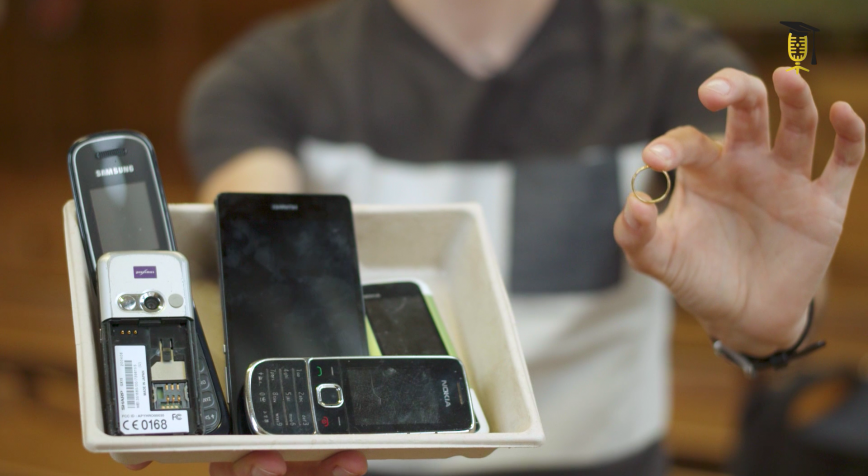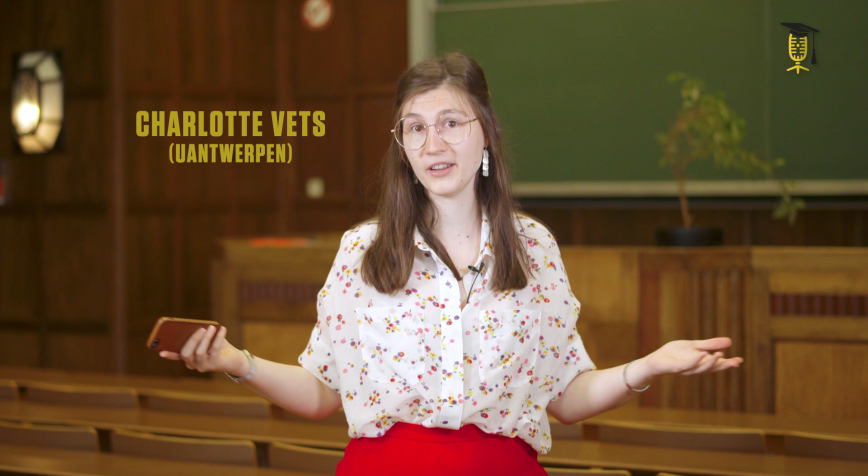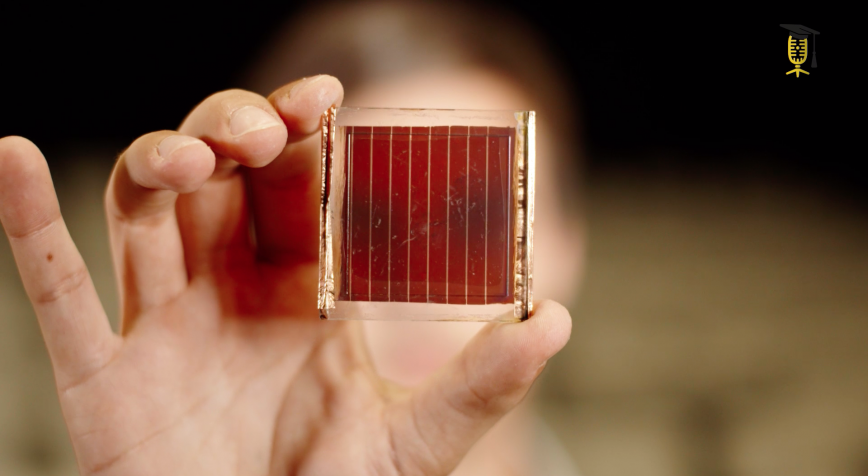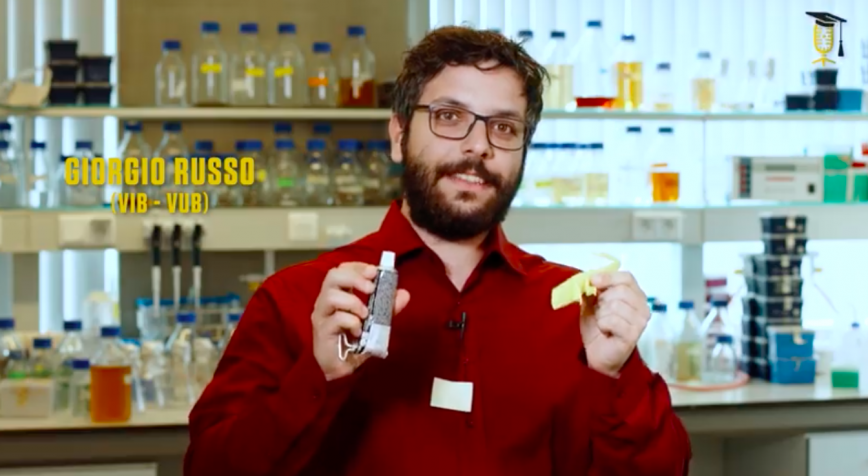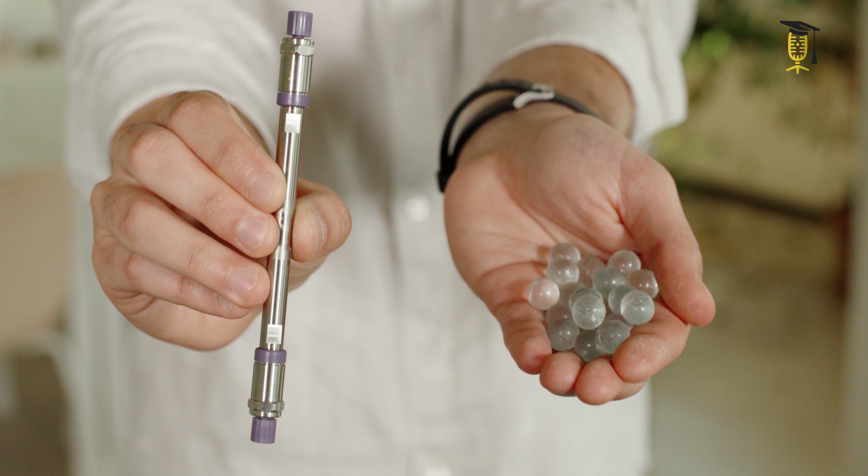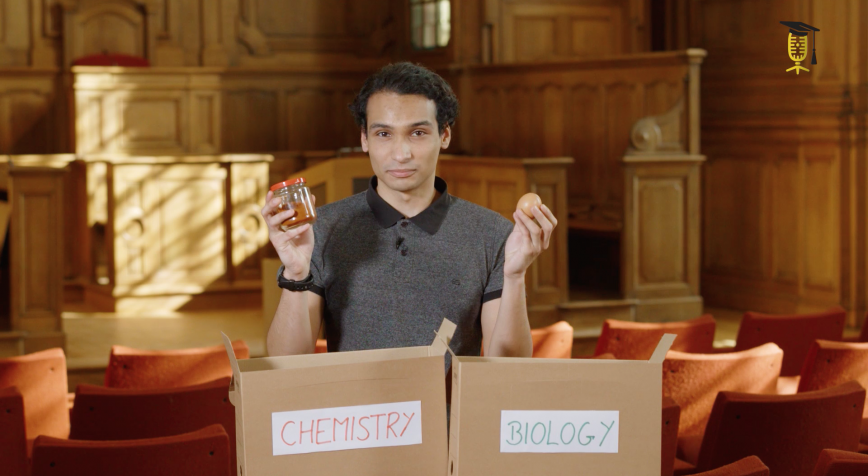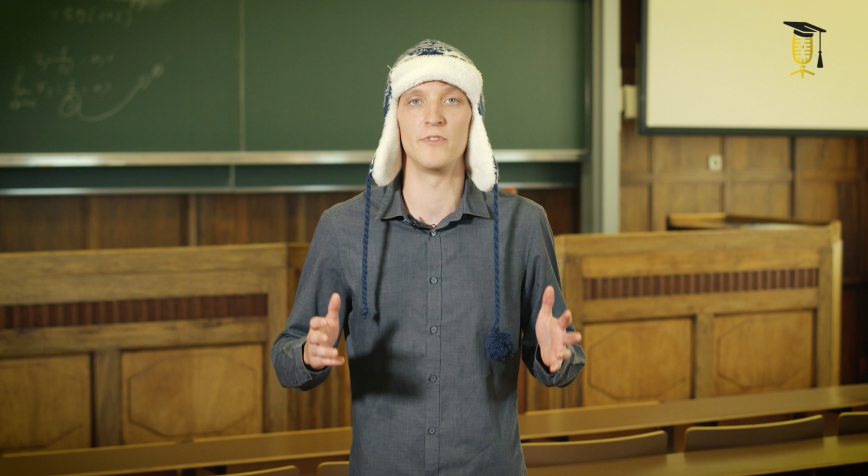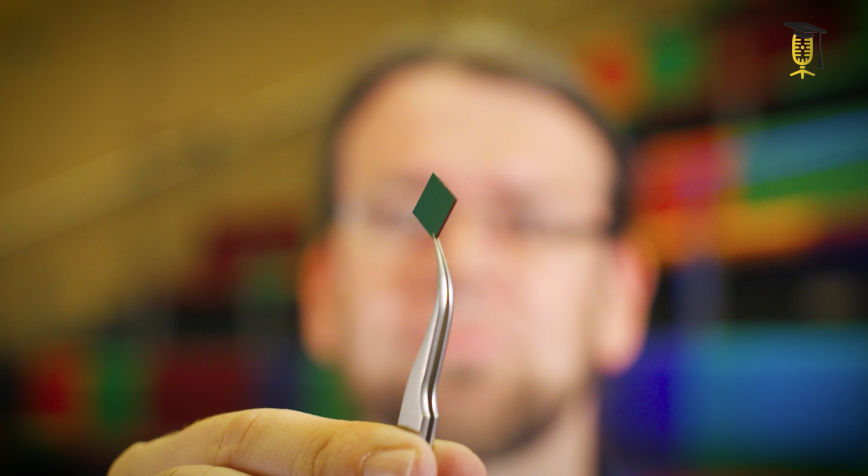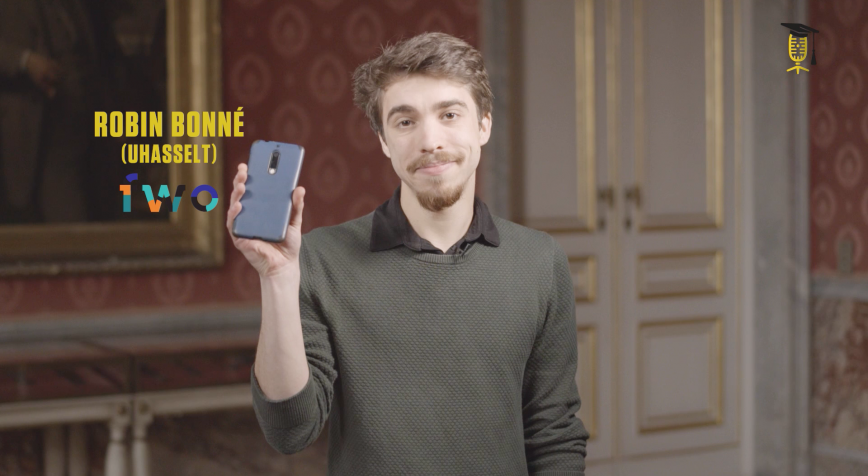
FWO
UHasselt
Can you build a smartphone from bacteria?
Last year, scientists discovered bacteria in the mud of the North Sea that can conduct electricity. Robin Bonné (Hasselt University - FWO) is investigating whether we can use these 'cable bacteria' to create biodegradable electronic wires.
